#publisher markets
Explore tagged Tumblr posts
Text
WRITER’S FORUM
WEBSITES HELPFUL TO WRITERS This is a series of posts which, I think, will be beneficial to writers. But first, I would like to include my usual warning about using websites. THERE IS NO SUCH THING AS A FREE LUNCH. Whenever you check a website you are, in my opinion and I talk from experience, being put on a list for sale. So, expect the possibility of being bombarded by…
#editorial feedback#finding publishers#publisher markets#publishing#query letters#The Manuscript Academy#Walt Trizna#writer&039;s virtual classes#writers#writing
0 notes
Text
comic sales are down because the industry is inaccessible and expensive, not because piracy exists
Higher piracy rates are what happens when you make buying comics expensive, difficult, platform-dependent, and inherently exclusionary while pretending trades and digital don't count as sales.
if any single comic book company decided to be a competent publishing company for even a year comic piracy rates would plummet
#comics#comic industry#dc comics#marvel comics#indie comics#there's a reason scholastic absolutely dominates the western comic industry and it's not because they're selling inherently better products#it's just that they're actually moderately competent at marketing and selling the stories they publish
1K notes
·
View notes
Text

You other platforms can't deny That when a load time's more than an itty bitty wait And your boss is in your face You get...
The idea. 😏
-----------------------------------------------------------
Don't want your boss in your face about how long it takes to get your content onto your site? Publish faster with WordPress VIP: the world's most popular CMS, built on a solid enterprise-grade foundation. 🦾
8K notes
·
View notes
Text
Holy fucking hell guys! My daughter just self published her own book at 17! She did it all on her own, didn't even tell me she was doing it, and surprised me with it today.
Go support her! Support her over me. I am so fucking proud of this girl.
Buy here

Romance? https://a.co/d/jfwi81f
209 notes
·
View notes
Text











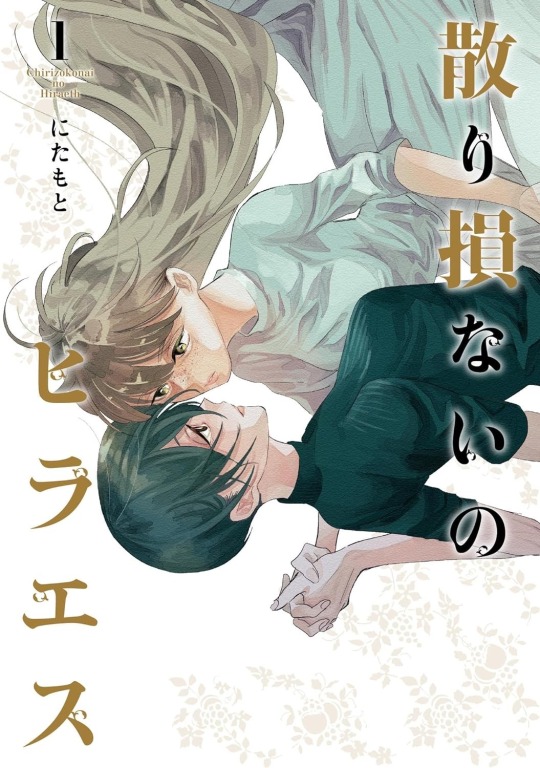




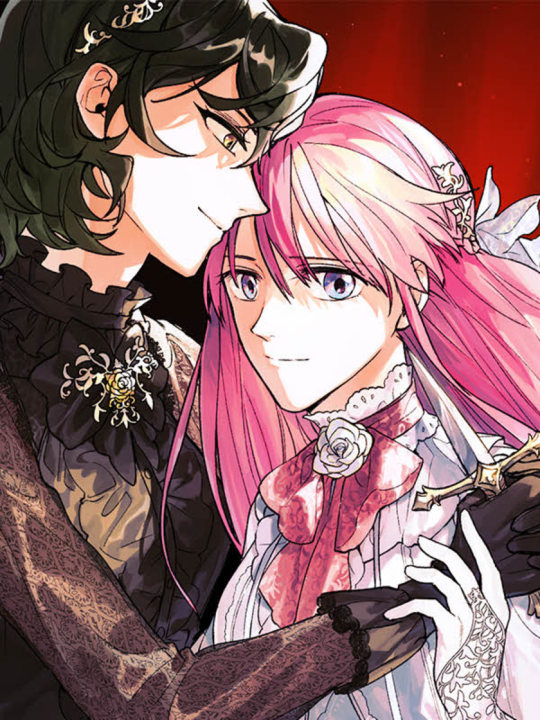






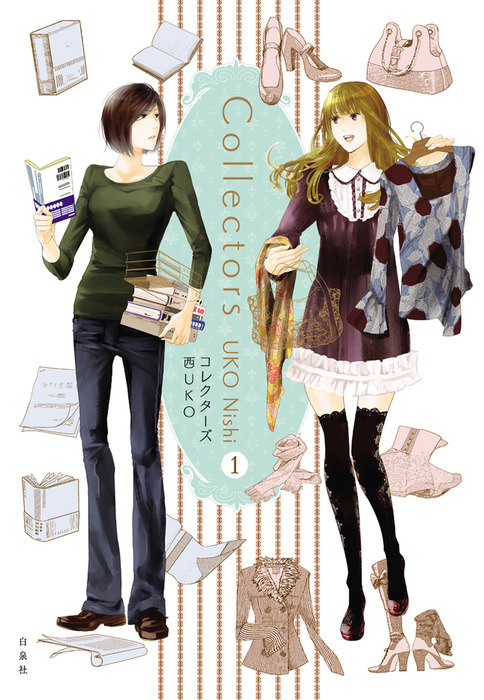





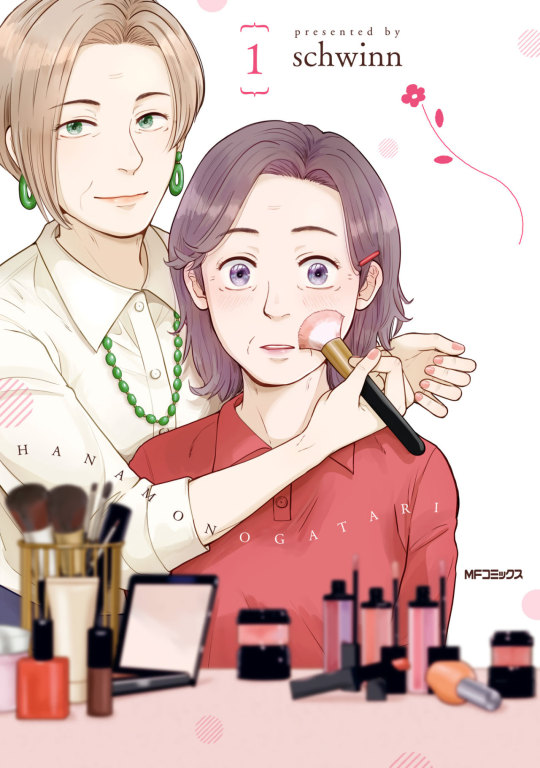
here are all the recs I posted for femslash february 2024...! each individual rec post can be found in my femslash feb recs tag. I actually thought I wasn't going to be able to do this because work got super chaotic, but in the end I couldn't bear to skip out on a leap year. that's a whole extra day for yuri.
last year I focused on official releases, so this year I wanted to focus on series that aren't technically officially available (plus a french-japanese film). fan translations are always a dicey for artists/translators/publishers/etc because obviously they need to get paid... but yuri's already such an overlooked genre that—in an official capacity—we end up with a couple drops from what's already a pretty small pool. I read hana to hoshi about a decade ago, and I keep submitting it to the seven seas survey for licensure! and yet!! no dice. and even when there are official releases, sometimes they just... disappear!? wish you were gone was licensed and then taken down, so for a while the only way to read it (if you missed out on buying it) was the fan translation. I think it's important to support artists and official releases, and also, to appreciate the thankless endeavor(/crime) of scanlation.
hope yall find something you like!
#femslash february#femslash feb recs#ff recs#recs#rambled a lot for this one lol#but like. yeah. honey & honey is imo a pretty culturally significant work#but I can't see any publishers picking it up for licensure#maybe for a recent autobio manga but certainly not one from 20 years ago#and from a marketing standpoint. it's 'hard' to push yuri as a genre.#bl has an obvious and profitable demographic (women)#m/f has an obvious and profitable demographic (women)#but--if you make a distinction between yuri and H (I do)--yuri doesn't really have an obvious and profitable demographic#so it's a lot harder to pitch yuri... which means it's a lot harder to even introduce yuri to a broader audience...#and thus the cycle continues...#plus there's the whole systemic misogyny embeded into a patriarchal society which devalues stories centered around women etc#anyway the POINT is. commit to yuri duty. be a yuri warrior. write femslash. hype femslash.
287 notes
·
View notes
Text
big publisher: we think your work has broad appeal, we don’t only want to market it to LGBT readers
me, standing next to a home-made 40 foot sign that reads "YOU DON’T HAVE TO BE QUEER TO READ MY BOOKS, BUT IT HELPS 😘": yeah I think we’re on the same page here
#this is not about any of my current publishers lol#but i havent had the marketing meetings yet so who knows. it may be a prophecy
232 notes
·
View notes
Text
BOOK BOOK BOOK!


I finally published! Share everywhere, with everyone, leave a review ❤️
Part 1 of 5, it takes place in a fleshed out fantasy world, but my focus with writing will always be on the people walking through it. It's about their experiences in the situations I put them in, forcing them to learn about themselves and grow. Three different MC's that experience the world's in VERY different ways lmao.
And don't let the age category fool you, that's a publisher's mistake, it's 18+. This story is filled with 25yo+ adults dealing with adult issues, and I write explicit. Even if it's not the focus, violence is had 👌

#books#lgbtqia#fantasy#fantasy literature#TTW Valley of Kings#please suggest tags my publisher is failing me hard with marketing#if you recognise the inspiration for my author photo then i instantly love you
129 notes
·
View notes
Text
Athena: Ares, have you had a candy called Warheads?
Ares (suspiciously): Are you messing with me right now?
Athena: I'm being completely serious.
Ares (equally shocked and overjoyed): Really?!!
Athena (makes a bag appear): Try one.
Ares (eats it): So sour. You have to be courageous to eat these... I love them! (Devious) I bet I can eat more than you can.
Athena: I didn't necessarily tell you about them to start an eating competition.
Ares (downs another handful): Tastes like victory!
Athena:...(makes a bag appear for herself) That's what you think!
#greek mythology#athena#ares#athena goddess of wisdom#ares god of war#athena and ares#ares and athena#greek myths#greek goddess#greek gods#ancient greek#I can't get these two out of my head#send help#I've got drafts of them just waiting to be posted#is this being productive?#You know what#it's marketing for when I start publishing silly Greek stories#excuses? Not here. All I see is rationalization#incorrect quotes#incorrect greek gods
108 notes
·
View notes
Note
sorry if you’ve read this before and i just haven’t seen you post about it, but the book “hell followed with us” by andrew joseph white seems right up your alley
i need some kind of faq with a section where i explain that i consider andrew joseph white to be a poor writer except when it comes to describing excesses of body horror and gore because people keep suggesting hell followed with us to me and i'm sorry but his books are not good. aside from the vivid descriptions mentioned above they're incredibly devoid of compelling narratives, fleshed out characters or immersive worldbuilding. the guy can come up with some amazing concepts for a story, but his ability to execute them is consistently disappointing. i'm glad he's making money and having fun pursuing his creative passions but his stuff just does not appeal to me at all and frankly makes a hater out of me.
#i would be more forgiving if it werent for the fact that he markets his books as containing diverse representation#but nearly all his character tend to read like they were created using a checklist of things you need to include#in your story to advertise it as such#anyway none of this is to say i want him cancelled or to never make another buck off writing or whatever#but i cannot recommend his existing published works
174 notes
·
View notes
Text
sometimes i think about how badly rr fumbled pjo not just on the literary level but on the business level

#rr crit#terrible pr terrible marketing terrible merchandising terrible EVERYTHING#i have so much to say about this but the overall thing is like: there were a lot of missed opportunities.#IT'S NOT BECAUSE OPPORTUNITIES WERE UNAVAILABLE OR MADE INACCESSIBLE!!!#remember that pjo was published under DISNEY#rr and his surrounding team just had ZERO IDEA of what to do in order to expand the reach of the book into mainstream consciousness#WHICH IS SAD BECAUSE PJO HAS SO MUCH POTENTIAL TO BE AS MUCH AN EVERYDAY MODERN CLASSIC AS SAY HARRY POTTER IS!!!!!!!!!#i hate this man i feel like breathing fire everytime i think about the decisions he made 2010 onwards
34 notes
·
View notes
Text

Italian market, Mulberry Street, New York. Between 1900 and 1910
Photo by Detroit Publishing Company,
56 notes
·
View notes
Text
i think the popularity of anime means that books could get so much weirder and do fine if publishers werent fucking cowards like. one of the most popular recent animes has a main character who fused with his demon dog and now his head and arms turn into fucking chainsaws. soul eater was fucking huge and just look it it. the grim reapers son has 2 guns that are a pair of shapeshifting sisters and thats only a tiny fraction of whats going on in that series. we need more of this energy in english-language sff books. im begging major publishing to Get Weirder
#i love a lot of ''current'' sff but also publishing is a bitch and needs to take some fucking risk and make more Funky stuff#''marketability'' is a bitch and also a lie#like im not a fan of locked tomb (for other reasons) but i can respect the balls to the walls weird factor its got going on#more stuff thats weird that isnt just satire/comedy/etc#more weird stuff that plays the weird shit entirely seriously#books
983 notes
·
View notes
Text
Can’t stop thinking about modern!Rilla who starts a skincare brand with Una Meredith and they 100% make it to the top.
(Bonus points for Persis Ford marketing them all the way to the moon!)
#yes I will elaborate on this#listen….rilla was out here organising Red Cross meetings at age 14!!!#14 man!!#that’s impressive!!#and yea the books tell her she’s not clever or ambitious but they were also published in 1920’s sooo#she WOULD#and i always headcanoned Una as someone good with numbers i dont know why#she just seemed practical that way#and Rilla always gave off science kid vibes to me#like the way she raised Jims by consulting Morgan on everything and working very methodically?#If it was 2024 she’d be on r/ScienceBasedParenting I mean she practically ripped Irene’s throat out for kissing Jim’s#Now envision Rilla using her degree in cosmetic chemistry and Una using her finance and business degree#oh yea that’s the magic#Persis definitely gets in on it and is a marketing genius lmao#aogg#Rilla of ingleside#Rilla Blythe#Una Meredith#Persis Ford#lmm#Lucy maud Montgomery
33 notes
·
View notes
Text
Chapter Three
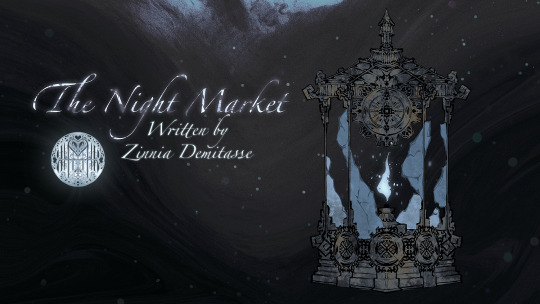
Chapter Three is here! Right now it is early release on Patreon with a public release being on April 8th. Subscribe to the Bog With tier to get access to the chapter. All asks in the next two weeks will be posted under spoilers so do not worry about getting spoiled if you have to wait.
If you do join to support me, I thank you so much! We are back on track now and it feels good!
🪷✨🪷✨ If you want to support me 🪷 ��🪷✨
🌿 Free Demo 🌿Book 1 Steam🌿Book 1 Itch.io🌿🌿 Patreon 🌿Discord🌿FAQS🌿
#the night market#chapter three#interactive fiction#early access#indie author#self published#lgbtq#angst#writers of tumblr#vampire#angels#witches#poly
331 notes
·
View notes
Text
how is there a novel retelling of the descent of inanna by olga tokarczuk published in 2006 in polish and it HASN'T been translated into any other languages
#this just seems like such a logical thing to publish in translation for english-speaking markets at this precise moment in time#mine
50 notes
·
View notes
Text
Social media strategies for writers
One of the biggest challenges writers face today is marketing. Whether you're self-published or trad-published, promotion is all part of the job, and social media has become an essential part of it. We've put together some tips to help you on your marketing journey from a book publicist!
#book marketing#writeblr#writers on tumblr#writers#writing community#creative writing#writing#writers of tumblr#creative writers#writing inspiration#writerblr#writing tips#book marketing tips#indie publishing#writer#writing resources
42 notes
·
View notes